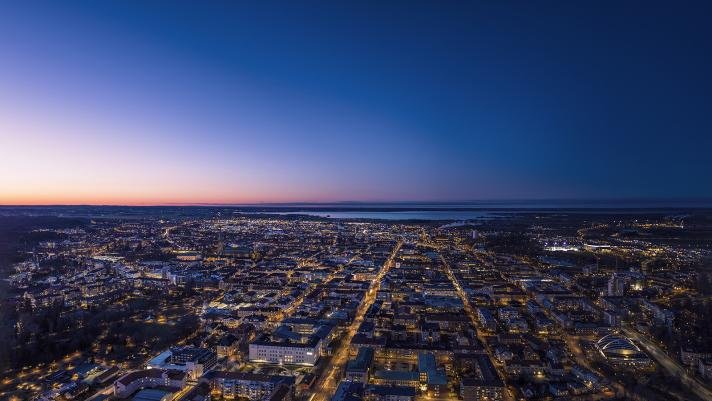Is Linköping a good place to live?
Linköping is generally considered an excellent place to live:
- High quality of life index of 195.84 out of 200
- Safe and welcoming environment
- Excellent public services, including healthcare and education
- Strong emphasis on sustainability and community
- Diverse population with about 20% immigrants
- Beautiful parks and green spaces
- Good public transportation system
- Ranked as Sweden’s second-best place to live among larger cities
Is Linköping worth a visit?
Yes, Linköping is definitely worth a visit:
- Rich cultural heritage and historical attractions
- Linköping Cathedral, one of Sweden’s best-preserved medieval cathedrals
- Gamla Linköping (Old Linköping), an open-air museum showcasing early 20th-century Swedish life
- Swedish Air Force Museum (Flygvapenmuseum)
- Beautiful parks and natural attractions like Trädgårdsföreningen
- Vibrant city center with shops, cafes, and restaurants
- Hosts various events and festivals throughout the year
Is Linköping University good?
Linköping University is highly regarded:
- Ranked among the top 2% of universities worldwide
- 301-400 in Academic Rankings of World Universities (ARWU)
- 201-250 in Times Higher Education World University Rankings
- 304 in QS World University Rankings
- Particularly strong in subjects like computer science, engineering, and psychology
- Ranked 31st among universities younger than 50 years old
Is moving to Sweden difficult?
Moving to Sweden can be challenging but not insurmountable:
- EU citizens can move freely without a visa
- Non-EU citizens need to obtain appropriate visas or residence permits
- Language barriers may exist, although many Swedes speak English
- Finding housing can be difficult, especially in major cities
- Integration into Swedish society may take time and effort
What is the downside of Sweden?
Some potential downsides of living in Sweden include:
- High cost of living, especially in larger cities
- Long, dark winters that can affect mood and lifestyle
- Competitive job market, particularly for non-Swedish speakers
- High taxes, although these fund extensive public services
- Housing shortages in major urban areas
- Cultural differences may take time to adjust to
- Potential language barriers in daily life and some workplaces



